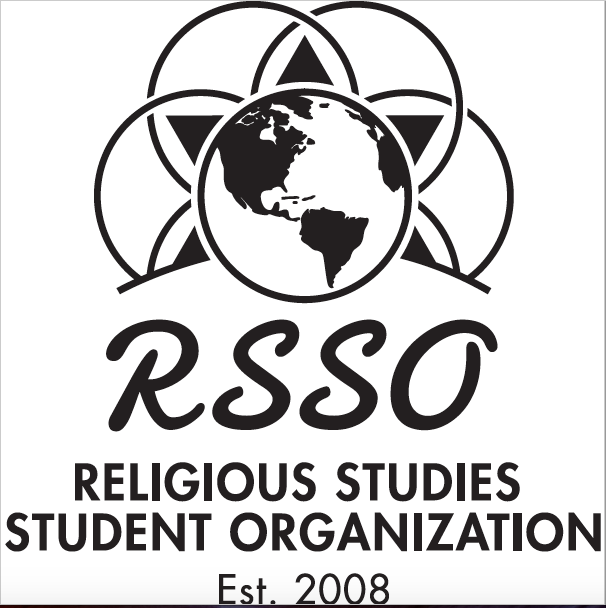Moderator
Dr. Demtrius Williams
Location
Room B
Start Date
9-4-2016 11:00 AM
End Date
9-4-2016 12:00 PM
Abstract
Buddhist teachings are widely accepted, yet there appear to be differing attitudes towards those who do not conform to a straight sexual orientation within Buddhist culture. This leads to receiving different treatment within the medical and social sphere realm of their lives. More often than not a transvestite or homosexual or transgender human will be referred to as a kathoey or phet-thi-sam. The Thai word kathoey and Buddhist term phet-thi-sam refer to not only the concept of a third gender but it breaks the common Western binary of there only being room for two accepted genders. As Buddhism is a large religious scope and there are several different cultures and regions that practice it, this particular paper will focus on kathoey’s in Thailand, as that is where the majority is and that is where teachings of Buddhism resonate. Despite there being teachings in Buddhism that are made relatable for kathoey’s and teach acceptance of them, many still face discriminations on a daily basis within the social sphere. The general area of investigation will be done by looking at daily social practices such as the workplace where discrimination goes on and affects the kathoey. Another area that will be examined is that within the medical sphere where the surgeries go on to transform one into a kathoey or transgender person.
Within the Western world sexual orientation and gender are very much related, the biological and social become one. Within Thailand and other parts of the globe, there may be differing beliefs about what constitutes as a social role. The social role of gender and the biological reproductive system may be in contradiction with one another, but Buddhism teaches to tolerate it while other religions such as Christianity are against homosexual practices. This paper will seek to offer a conclusion into the social practices regarding sex and gender within Buddhist cultures, as well as point out how closely related religion and culture are, and become one in dealing with social issues such as transgenderism.
Included in
Transgenderism in Buddhism
Room B
Buddhist teachings are widely accepted, yet there appear to be differing attitudes towards those who do not conform to a straight sexual orientation within Buddhist culture. This leads to receiving different treatment within the medical and social sphere realm of their lives. More often than not a transvestite or homosexual or transgender human will be referred to as a kathoey or phet-thi-sam. The Thai word kathoey and Buddhist term phet-thi-sam refer to not only the concept of a third gender but it breaks the common Western binary of there only being room for two accepted genders. As Buddhism is a large religious scope and there are several different cultures and regions that practice it, this particular paper will focus on kathoey’s in Thailand, as that is where the majority is and that is where teachings of Buddhism resonate. Despite there being teachings in Buddhism that are made relatable for kathoey’s and teach acceptance of them, many still face discriminations on a daily basis within the social sphere. The general area of investigation will be done by looking at daily social practices such as the workplace where discrimination goes on and affects the kathoey. Another area that will be examined is that within the medical sphere where the surgeries go on to transform one into a kathoey or transgender person.
Within the Western world sexual orientation and gender are very much related, the biological and social become one. Within Thailand and other parts of the globe, there may be differing beliefs about what constitutes as a social role. The social role of gender and the biological reproductive system may be in contradiction with one another, but Buddhism teaches to tolerate it while other religions such as Christianity are against homosexual practices. This paper will seek to offer a conclusion into the social practices regarding sex and gender within Buddhist cultures, as well as point out how closely related religion and culture are, and become one in dealing with social issues such as transgenderism.

